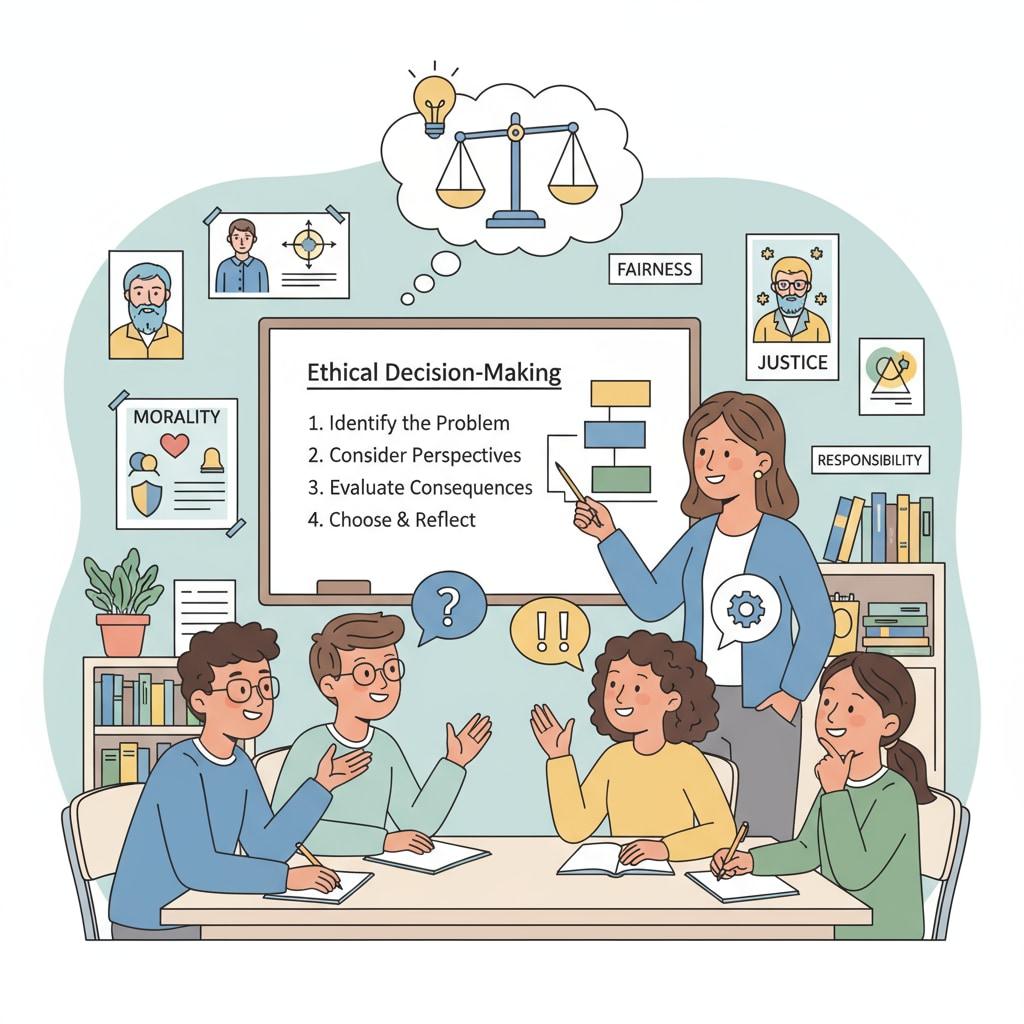In the realm of educational reform, the idea of making ethics and morality compulsory courses in the K12 system has sparked intense debate. As society evolves, there is a growing recognition of the need to equip students with strong moral compasses. This article will explore the feasibility of such a proposal, its potential benefits, and the possible criticisms it may face.

The Need for Ethical and Moral Education in K12
In today’s complex world, K12 students are exposed to a plethora of information and influences. Therefore, it is crucial to provide them with a solid foundation in ethics and morality. For example, teaching values like honesty, respect, and responsibility can help students navigate social situations and make better decisions. According to Edutopia’s research on ethics in classrooms, students who receive ethical education are more likely to exhibit positive behavior and academic performance.

Feasibility of Making it Compulsory
One aspect of feasibility is the availability of teaching resources. There are numerous textbooks, online materials, and training programs for teachers. In addition, integrating ethics and morality into the existing curriculum can be achieved through cross-curricular approaches. For instance, connecting moral lessons with literature, history, or social studies. As stated in the National Education Association’s report on ethics in education, many schools are already taking steps to incorporate ethical teachings into various subjects.
Another factor is teacher training. While some teachers may have limited background in ethics and morality, professional development opportunities can enhance their knowledge and teaching skills. This would ensure that they are well-equipped to deliver quality instruction.
Potential Criticisms
However, this proposal is not without its critics. One concern is the potential for indoctrination. Some may worry that schools could impose a particular set of values, limiting students’ freedom of thought. Additionally, there are issues related to standardization. With different cultural and religious backgrounds in society, it may be challenging to develop a single set of ethical and moral standards that everyone can agree on.
Another criticism is the potential overload on the already packed K12 curriculum. Adding a new compulsory course could mean less time for other important subjects, raising concerns among parents and educators alike.
Readability guidance: By examining these aspects – the need, feasibility, and potential criticisms – we can better understand the complex issue of making ethics and morality compulsory courses in K12 education. This exploration is crucial for the future of educational reform, as it aims to develop well-rounded individuals who are not only academically proficient but also morally and ethically responsible.


